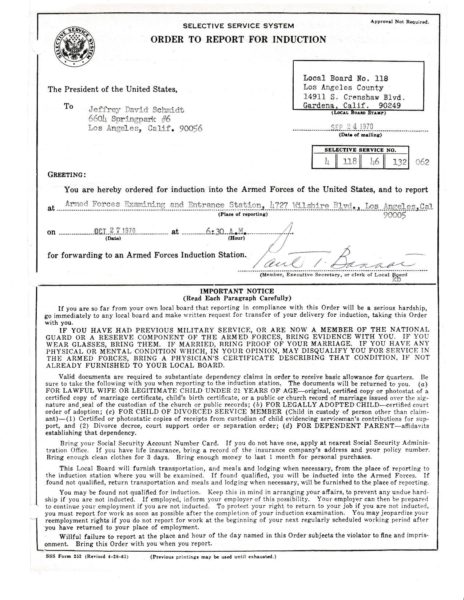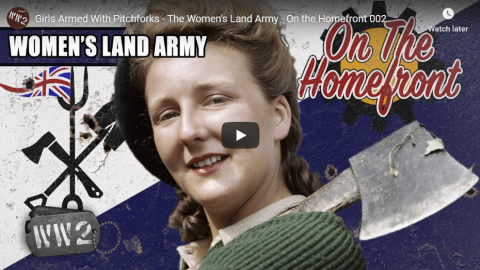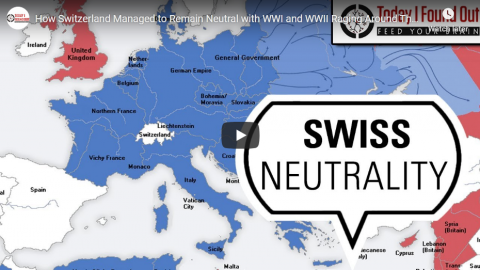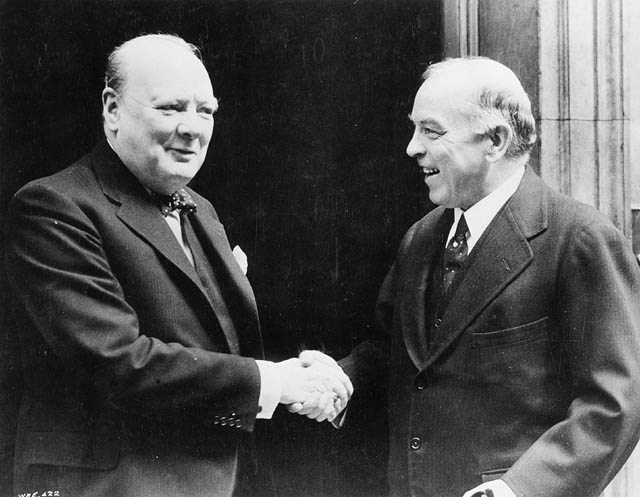Kerry McDonald fears that the current challenges to the gender inequality of the US draft may end up making the underlying problem worse:
Currently, all American men are required to register for the draft through the Selective Service System when they turn 18, and could be forced into military service if the draft was activated. As a mom with young sons, I shudder at this prospect.
Lawyers with the American Civil Liberties Union (ACLU) have filed a petition asking the Supreme Court to rule the current military draft registration unconstitutional because it requires only men to register, not women. As a mom with young daughters, I shudder at this prospect.
While draft registration does involve unequal treatment of men and women, and women have been ably serving in the military for years, including in full combat, the larger issue is Selective Service registration itself. Current draft registration may be unconstitutional, but it shouldn’t exist at all.
Forcing citizens into any kind of non-voluntary work or action is antithetical to the principles of a free society.
Some contend that conscription is necessary to defend those principles if there were not enough volunteers to serve in a wartime effort, but is slavery ever justifiable? Who decides? If there are not enough soldiers to willingly fight a war, should the war be fought?
Nobel-Prize-winning economist Milton Friedman was one of the key figures who succeeded in persuading the US to move to an all-volunteer army in 1973, arguing against military conscription. Friedman wrote that “any system involving compulsion is basically inconsistent with a free society.” He went on to argue: “The continued use of compulsion is undesirable and unnecessary. We can and should man our armed forces with volunteers.”
In place of conscription, Friedman advocated for a voluntary military guided by free-market ideas. “The appropriate free market arrangement is volunteer military forces; which is to say, hiring men to serve,” Friedman wrote in his book, Capitalism and Freedom. “There is no justification for not paying whatever price is necessary to attract the required number of men. Present arrangements are inequitable and arbitrary, seriously interfere with the freedom of young men to shape their lives, and probably are even more costly than the market alternative.”
Friedman’s advocacy against conscription came to a climax in testimony with Army Chief of Staff, General William Westmoreland. The general disagreed with Friedman by claiming that the economist’s free-market approach would be akin to leading an army of mercenaries. Friedman replied: “General, would you rather command an army of slaves?”







